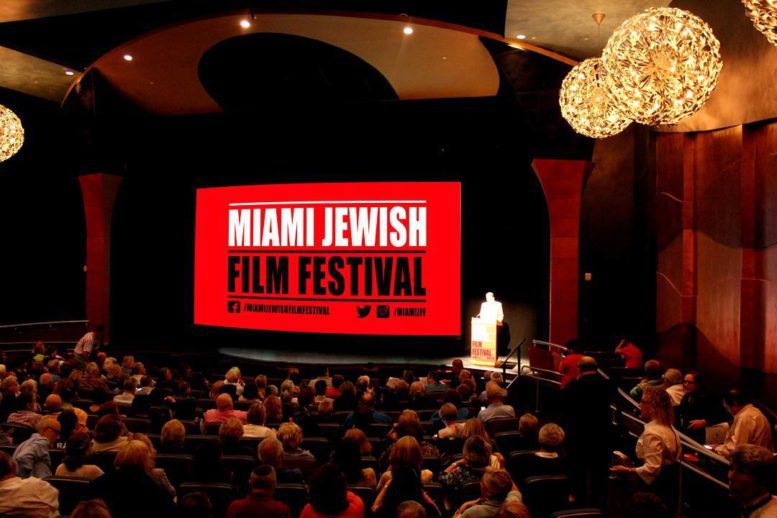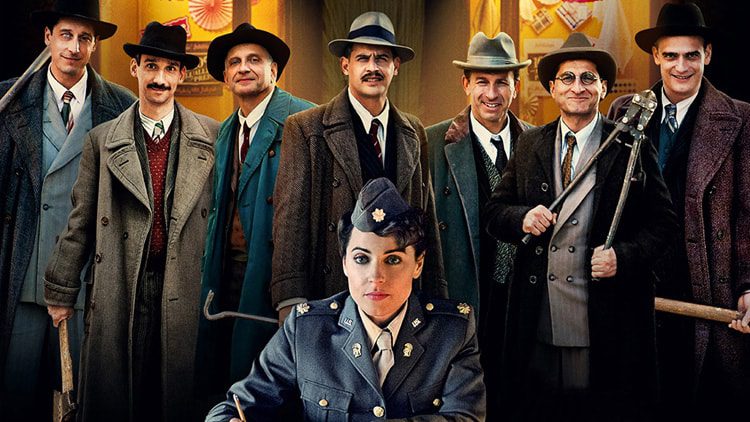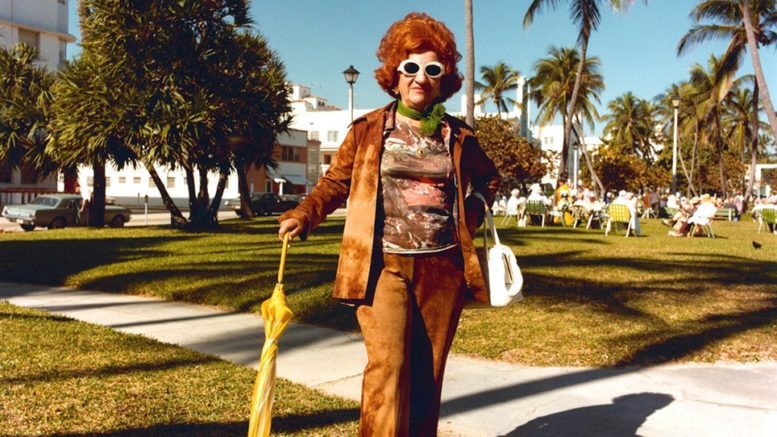Once again, from January 11-25, the Miami Jewish Film Festival will manage to do better what other film festivals complicate. For the 21st time, MJFF will sprinkle almost 50 magical films throughout eight South Florida venues for two great weeks. MJFF, which precedes the 35th Miami Dade College’s Miami Film Festival by about six weeks, should not be able to do what it does as well as it does. Credit Igor Shteyrenberg, Executive Director, and his team: Judith Vigil, Festival Manager; Keith W. Rouse, Technical Director; Mercy DeLoach, Festival Coordinator; and Debbie Brodie-Weiss, Director of Development. They manage to make something this complex look easy. Surely, it is not.
Case in point is MDC’s festival. I do not wish to intentionally disparage the work sincerely conducted by all those working on the larger Miami Film Festival, but what the heck; they struggle. From the complexity of the Press Registration to the web design to the sponsorships, to the profiles, the Miami Film Festival rigamarole needs to be simplified. You have to show up here, line up there, get constant Red Carpet emails to photograph celebrities you have not heard of, and then get sent around the corner at the Olympia by an insolent festival worker before sitting in nosebleed seats behind ten chattering guests who cannot turn off a cell phone. While this may land yours truly in hot Miami Film Festival water, it is, in words that the MJFF crowd might understand, a balagan.
There may be thousands of journalists dying to cover the Miami Film Festival with its industry registration for sales agents, buyers, producers, production executives, craftspeople, financiers, festival programmers, film commissioners, film publicists, and exhibitors. Coming to Miami to cover cinema in winter for Variety is a tantalizing assignment. The films are eclectic. But if I were able to get my Jerusalem or Washington Post editor to send me to Miami for a film festival, knowing what I know after years of this, I would email Igor directly, and choose the MJFF.
Here are a few more salient reasons why I adore the Miami Jewish Film Festival. There is little pretense from top to bottom. I suspect it commences philosophically, but for me it starts at the website. You can easily research the films, or click on the calendar and get the films in one place. That said, both opening and closing nights sold out before I could get a ticket, so if you are eager to see the docs on Itzhak Perlman or Sammy Davis Jr., prepare to wait for Netflix or sneak in. Other fascinating documentary choices include Ben-Gurion, Epilogue, an Israeli Ophir Award winner; The Last Resort, a journey to the old Miami Beach of retirees as once seen by Andy Sweet; Shalom Bollywood, the story of Jewish involvement in the origins of India’s gigantic film industry; and Cuba’s Forgotten Jewels, the refugee story of diamond cutters like my own Uncle Marco and what we Miami folk proudly call Jubans.

Umpteen compelling films are on tap; here are just a few more: Bye Bye Germany stars the often brilliant Moritz Bleibtreu in a muted, comedic salute to the Jews who remained in Germany post-Holocaust. A Bag of Marbles won prizes at COLCOA, Hollywood’s two decade old French Film Festival. The late Martin Landau and Paul Sorvino star in The Last Poker Game, a critically praised dramatic comedy directed by 72-year- old neurologist and Harvard professor, Howard Weiner. The Cakemaker tackles grief, faith, tradition, and forbidden love. Cruise, directed by Robert D. Siegel, who wrote The Wrestler and The Founder, looks at a Jewish version of West Side Story or Grease.
Film lovers everywhere rejoice over events like The Miami Jewish Film Festival. From January 11-25, Miami can happily celebrate great cinema, chilling in agreeable settings without the festival fuss.








